I Wouldn't Be in Your Shoes (1948) Online
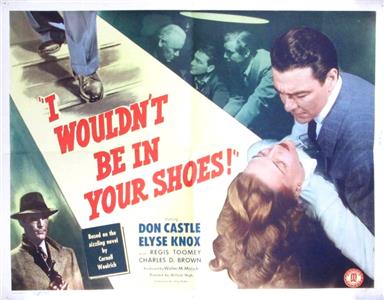
Tom (Don Castle) and Ann (Elyse Knox) are a down-and-out dance team, and while Don seeks engagements, Ann works as an instructor at a dance academy, with Detective Judd (Regis Toomey) one of the many customers she meets. On a hot summer night Tom, awaken from his sleep, tosses his only pair of shoes out the window to quiet two noisy cats. He goes down to retrieve them and can't find them, but Ann discovers them in front of their door the next morning. A near-by recluse is found murdered in his old shack that same day while Tom finds a wallet filled with old $20 bills. Footprints, bearing an imprint like those on a tap-dancer's shoes, plus Don's new-found wealth combine to make a good circumstantial evidence case for Judd against Tom and he is convicted. On the night before his execution, Ann seeks Judd's help in proving Tom is innocent. He turns up a suspect, Kosloff (Robert Lowell), but an air-tight alibi clears him.
| Cast overview, first billed only: | |||
| Don Castle | - | Thomas J. 'Tom' Quinn | |
| Elyse Knox | - | Ann Quinn | |
| Regis Toomey | - | Police Inspector Clint Judd | |
| Charles D. Brown | - | Inspector Stevens | |
| Rory Mallinson | - | Harry - 1st Detective | |
| Robert Lowell | - | John L. Kosloff | |
| Steve Darrell | - | District Attorney | |
| Bill Kennedy | - | 2nd Detective | |
| Esther Michelson | - | Mrs. Finkelstein | |
| Ray Dolciame | - | Shoeshine Boy | |
| William Ruhl | - | Police Lieutenant | |
| John Sheehan | - | Judge | |
| John Elliott | - | Mr. Lake - Tom's Lawyer (as John H. Elliott) | |
| Dorothy Vaughan | - | Mrs. Alvin | |
| Herman Cantor | - | Jury Foreman |


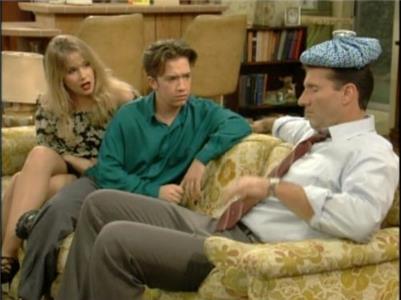

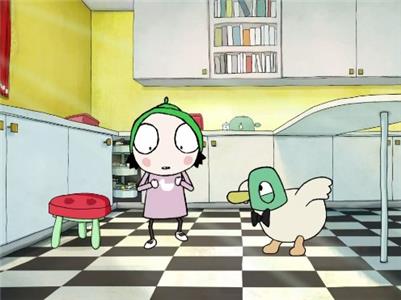
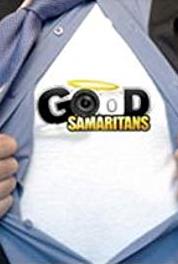
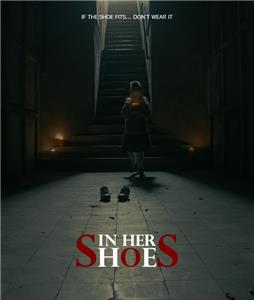

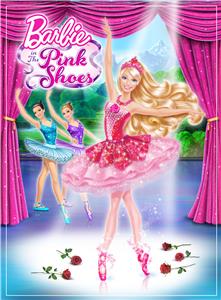
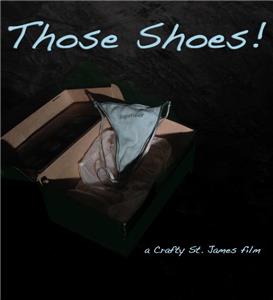
User reviews